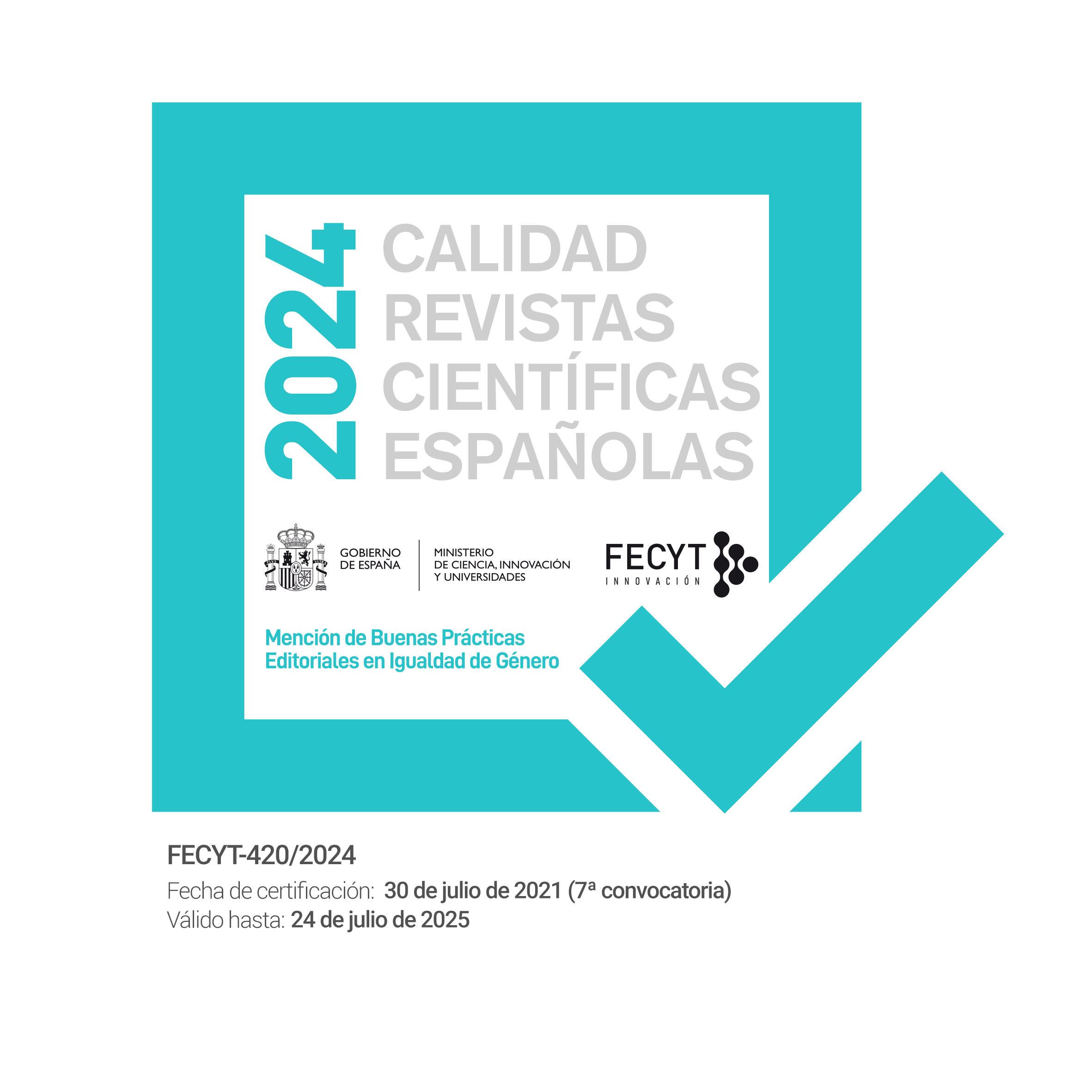MEMORY AND OBLIVION: CENSORSHIP IN PORTUGAL UNDER THE ESTADO NOVO IN THE LIGHT OF THREE SPANISH THEATRE PLAYS
Keywords:
Estado Novo, theatre censorship, history, memoryAbstract
The goal of this article is to analyze the functioning of theater censorship in Portugal based on the analysis of three theatrical plays: La Casa de Bernarda Alba, by Federico García Lorca (presented in 1947); Las Quinas de Portugal, by Tirso de Molina (presented in 1968), and El Triciclo, by Fernando Arrabal (presented in 1968). The study focuses on two distinct periods of the Estado Novo: the final years of the 1940s, when censorship apparatus underwent a period of reorganization, and the 1960s, when censorship grew stronger once again as a result of Salazar regime’s increasing rigidity. Relying on archival evidence, we attempt to reveal the representation of censorship processes and their effects on Portuguese society and culture.How to Cite
Issue
Section
License
All contents published in the journal are protected under a Creative Commons BY-NC-ND license. This corresponds to legislation within Spain, and does not allow commercial use of the texts. It is not possible to modify the contents either.
General information.
Comparative Literature magazine 452ºF [ISSN 2013-3294] is a publishing project coordinated by Asociación Cultural 452ºF, and developed by its Editorial board.
Access to the Contents and Copyright.
All contents published in the journal are protected under a Creative Commons BY-NC-ND license. This corresponds to legislation within Spain, and does not allow commercial use of the texts. It is not possible to modify the contents either.
Every person has free access to the contents of the journal as long as they understand and assume that no profit is to be made on other people’s work.
In all cases, the original source name of the online journal and the article must be mentioned when used for any purposes.
Basic Conditions of all Call for Papers.
- 1. The author accepts that sending the paper:
- a. Does not guarantee the publication of it.
- b. Is done in accordance to the style-sheet of the magazine and the requirements of the specific call for papers.
- c. Implies the non-exclusive transferring of the first publication rights of the paper, as long as it is selected to be published in the journal, to theAsociación Cultural 452ºF, under a Creative Commons BY-NC-ND license.
- 2. The journal 452ºF, in due respect to moral rights of a copyright, guarantees that:
- a. All papers will be evaluated according to the procedure already mentioned.
- b. All authors will receive either a positive or negative answer to their sending a paper for publication.
- c. All papers will be published unabridged. The journal might make changes in the typographical disposition according to the needs.
- d. All papers will be published under a Creative Commons BY-NC-ND license.




